45 psychiatrist and psychologist label behavior as disordered when it is
Inquirer.com: Philadelphia local news, sports, jobs, cars, homes Sep 25, 2022 · Keep reading by creating a free account or signing in.. Sign in/Sign up; Subscribe; Support local news; News Sports Business Opinion Politics Entertainment Life Food Health Real Estate Obituaries Jobs Smith-Magenis Syndrome - GeneReviews® - NCBI Bookshelf Oct 22, 2001 · Smith-Magenis syndrome (SMS) is characterized by distinctive physical features (particularly coarse facial features that progress with age), developmental delay, cognitive impairment, behavioral abnormalities, sleep disturbance, and childhood-onset abdominal obesity. Infants have feeding difficulties, failure to thrive, hypotonia, hyporeflexia, prolonged napping or need to be awakened for ...
Classifying Psychological Disorders - CliffsNotes Several of the most prevalent of the DSM‐IV's 16 categories of disorders follow. Anxiety disorders. Anxiety is a diffuse, extremely unpleasant feeling of vulnerability, apprehension, and fear. Symptoms of anxiety disorders include motor tension (trembling, jumpiness, inability to relax), hyperactivity (racing heart, dizziness, perspiration ...

Psychiatrist and psychologist label behavior as disordered when it is
Should My Child See a Therapist, Psychologist, or Psychiatrist? — Child ... Your child might benefit from seeing a psychologist if: You think your child might have a condition that affects his learning or neurology, such as ADHD, a learning disorder, or autism spectrum disorder. Your child needs support to manage emotional or behavior problems. You would like a more detailed diagnosis for your child, and a full picture ... Solved Most psychiatrists and psychologists label behavior - Chegg Most psychiatrists and psychologists label behavior as psychologically disordered when it is: a. deviant, distressful, and dysfunctional. b. aggressive, persistent, and delusional. c. biologically influenced, unconsciously motivated, and difficult to change. d. selfish, irritating, and avoidable. Expert Answer Psychiatric Diagnostic Labels: What Do They Mean? - Psychology Today The official system of the American Psychiatric Association published in the Diagnostic and Statistical Manual(the "DSM") is the one most familiar to people. The DSM is a categorization of...
Psychiatrist and psychologist label behavior as disordered when it is. Mental health 'labels' can do more harm than good, warn researchers August 18, 2015 Mental health 'labels' can do more harm than good, warn researchers by Andy Dunne, University of Bath Labels such as 'borderline personality disorder' or 'schizophrenia' may be... 12.1 Psychological Disorder: What Makes a Behavior "Abnormal"? Defining Disorder. A psychological disorder is an ongoing dysfunctional pattern of thought, emotion, and behavior that causes significant distress, and that is considered deviant in that person's culture or society (Butcher, Mineka, & Hooley, 2007). Psychological disorders have much in common with other medical disorders. They are out of the patient's control, they may in some cases be ... ADHD: Clinical Practice Guideline for the Diagnosis ... Nov 01, 2011 · Evidence for the effectiveness of behavior therapy in children with ADHD is derived from a variety of studies 60,–,62 and an Agency for Healthcare Research and Quality review. 5 The diversity of interventions and outcome measures makes meta-analysis of the effects of behavior therapy alone or in association with medications challenging. The ... 1. Psychiatrists and psychologists label behavior as disordered when it ... 1. Psychiatrists and psychologists label behavior as disordered when it is: A) aggressive, persistent, and intentional. B) selfish, habitual, and avoidable. C) deviant, distressful, and dysfunctional. D) biologically influenced, unconsciously motivated, and difficult to change. E) instinctual, obsessive, and harmful. Advertisement
Mental health 'labels' can do more harm than good - University of Bath Diagnosing patients with medical labels to describe mental health conditions or illnesses can have negative impacts on professionals working with them. Labels such as 'borderline personality disorder' or 'schizophrenia' may be having adverse negative effects on the patients diagnosed with them, according to new research from our psychologists ... Chapter 14 Flashcards | Quizlet Psychiatrists and psychologists label behavior as disordered when it is A. aggressive, persistent, and intentional. B. selfish, habitual, and avoidable. C. deviant, distressful, and dysfunctional. D. biologically influenced, unconsciously motivated, and difficult to change. C Labeling of mental disorders and stigma in young people Label use and stigmatizing beliefs were assessed in response to vignettes of a young person experiencing depression, psychosis or social phobia. Logistic regressions examined the association between a range of labels commonly used, including psychiatric labels, and a range of stigma components. COGNITIVE NEUROSCIENCE THE BIOLOGY OF THE MIND Fourth Edition Fourth, discussions of neuroimaging studies naturally led to the incorporation of more cognitive neuroscience. As basic neuroscientists, however, our emphasis remains on the neural mechanisms underlying relations between brain and behavior, rather than on cognitive theories that more naturally belong in textbooks dealing with cognitive ...
Homework ph | Psychology homework help Abraham Maslow (1908–1970) was an American psychologist who is best known for proposing a hierarchy of human needs in motivating behavior (Figure 1.7). Although this concept will be discussed in more detail in a later chapter, a brief overview will be provided here. Chapter 12 part 1 Flashcards | Quizlet Psychiatrists and psychologists label behavior as disordered when it is a. aggressive, persistent, and intentional. b. selfish, habitual, and avoidable. c. maladaptive, distressful, and dysfunctional. d. biologically influenced, unconsciously motivated, and difficult to change. e. instinctual, obsessive, and harmful. Click card to see definition 👆 Solved 1. Psychiatrists and psychologists label behavior as - Chegg 1. Psychiatrists and psychologists label behavior as disordered when it is: aggressive, persistent, and intentional. O selfish, habitual, and avoidable. deviant, distressful, and dysfunctional. biologically influenced, unconsciously motivated, and difficult to change. Listen 2. A fundamental problem with the diagnostic labeling of psychologically finia exam - 1. Psychiatrists and psychologists label behavior as ... Psychiatrists and psychologists label behavior as disordered when it is A) aggressive, persistent, and intentional. B) selfish, habitual, and avoidable. C) deviant, distressful, and dysfunctional. D) biologically influenced, unconsciously motivated, and difficult to change. C ) deviant , distressful , and dysfunctional .
Psychology Acronym Glossary | Psychology.org Mental health professionals use countless acronyms to communicate quickly with colleagues. Bookmark our glossary of the most important psychology acronyms you need to know. ... Antisocial Personality Disorder. ASD: Autism Spectrum Disorder. BD: Bipolar Disorder. BED: Binge Eating Disorder.
Psychiatrists and psychologists label behavior as disordered ... - Brainly Psychiatrists and psychologists label behavior as disordered when it is A) aggressive, persistent, and intentional. B) selfish, habitual, and avoidable. C) deviant, distressful, and dysfunctional. ... explain the causes of the various psychological disorders. Answer 5.0 /5 2 cjhcool77 The answer is C. deviant, distressful, and dysfunctional.
Psychiatric Labels Cause Harm by Stigmatizing People - Google Psychiatric labeling is an extremely common practice employed by mental health practitioners, and seems to be growing in popularity (Timimi, 2014). Key Terms associated with Psychiatric Labeling: - Stigma: any attribute, trait or disorder that causes a person to be labeled as unacceptably different from "normal" people (Centre for Addiction ...
12.1 What are Psychological Disorders? - Introductory Psychology Patterns of inner experience and behavior are thought to reflect the presence of a psychological disorder if they _____. a. are highly atypical. b. lead to significant distress and impairment in one's life. c. embarrass one's friends and/or family. d. violate the norms of one's culture . Critical Thinking Question: 1.
Reactive attachment disorder - Wikipedia The terms attachment disorder, attachment problems, and attachment therapy, although increasingly used, have no clear, specific, or consensus definitions.However, the terms and therapies often are applied to children who are maltreated, particularly those in the foster care, kinship care, or adoption systems, and related populations such as children adopted internationally from orphanages.
Labeling You a Mental Health Patient | Psychology Today All "mental health disorder" labels ought to be rethought. They flow from a specious, incoherent definition of "mental disorder" and amount to little more than the affixing of fancy-sounding ...
TikTok videos leave teens thinking they have rare mental ... - drug-seeking behavior for access to stimulant meds - overmedication, undermedication, and incorrect diagnosis leading to iatrogenic harm (eg giving antipsychotics to a "bipolar" individual whose "bipolar" is realdy emotional lability due to ADHD/ASD. Each one of those topics I could talk about at length. They are related, but distinct.
Psychological Labels: Read Carefully Before Applying Not all labels are psychological diagnoses, but many are. Psychiatrists, psychologists, and therapists of many kinds refer to the Diagnostic and Statistical Manual (DSM-IV-TR) for a ready-made list of labels we can use to communicate patterns of behavior to one another.
Medical Model - Treating Mental Disorders | Simply Psychology • There are also ethical issues in labelling someone mentally ill - Szasz says that, apart from identified diseases of the brain, most so-called mental disorders are really problems of living. Labelling can lead to discrimination and loss of rights.
Mental Health 'Labels' Can Negatively Impact Treatment of Patients diagnosing patients with medical labels to describe mental health conditions or severe mental health illnesses such as 'personality disorder' or 'schizophrenia', can have negative impacts on...
Psychiatrists and psychologists label behavior as disordered when it is ... Psychiatrists and psychologists label behavior as disordered when it is: a. aggressive, persistent, intentional, and has duration. b. selfish, habitual, harmful, and avoidable. c. deviant, dangerous, distressful, dysfunctional, and has duration. d. biologically influenced, unconsciously motivated, and difficult to change. Answers
Effects of Labelling in Mental Health - UKEssays.com Effects of Labelling in Mental Health. The term 'label' refers to individuals whose actions or behavior deviates from social norms and what is acceptable in society. These individuals are labeled and develop a stigma attached; this can have an overall impact on the individuals' behavior once the label has taken form.
6 mental health workers label behavior as - Course Hero 6.Mental health workers label behavior as psychologically disordered when they judge it: A) prejudicial, unconsciously motivated, ingenuine, and insane. B) biologically based, unconsciously motivated, aggressive, and difficult to change.C) selfish, habitual, and avoidable.
The Differences Between Psychology and Psychiatry Both psychologists and psychiatrists can provide psychotherapy. However, most psychiatrists treat patients primarily by prescribing medication, while psychologists mainly rely on providing talk and/or behavioral therapy. Some states now grant psychologists prescription privileges once they complete the required education and training.
Psychiatrists and psychologists label behavior as disordered when it is ... Psychiatrists and psychologists label behavior as disordered when it is When Disordered Behavior is the Diagnosis Behavior can be generally defined as the way we do things. In psychology,...
The effects of the psychiatric label 'borderline personality disorder ... Objectives: The aim of the study was to investigate how the psychiatric label 'borderline personality disorder' (BPD) affected staff's perceptions and causal attributions about patients' behaviour. Methods and design: The study utilized a within-participants questionnaire methodology and participants comprised qualified mental health nursing staff.
Psychological Disorders: Types and Examples - Verywell Mind Mental disorders are patterns of behavioral or psychological symptoms that impact multiple areas of life. These disorders create distress for the person experiencing the symptoms. The DSM-5-TR lists hundreds of distinct conditions. Anxiety 1 and depression 2 are among the most common types of mental health conditions that people experience.
Psychiatric Diagnostic Labels: What Do They Mean? - Psychology Today The official system of the American Psychiatric Association published in the Diagnostic and Statistical Manual(the "DSM") is the one most familiar to people. The DSM is a categorization of...
Solved Most psychiatrists and psychologists label behavior - Chegg Most psychiatrists and psychologists label behavior as psychologically disordered when it is: a. deviant, distressful, and dysfunctional. b. aggressive, persistent, and delusional. c. biologically influenced, unconsciously motivated, and difficult to change. d. selfish, irritating, and avoidable. Expert Answer
Should My Child See a Therapist, Psychologist, or Psychiatrist? — Child ... Your child might benefit from seeing a psychologist if: You think your child might have a condition that affects his learning or neurology, such as ADHD, a learning disorder, or autism spectrum disorder. Your child needs support to manage emotional or behavior problems. You would like a more detailed diagnosis for your child, and a full picture ...
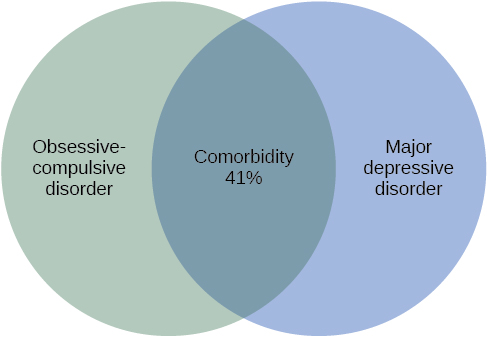
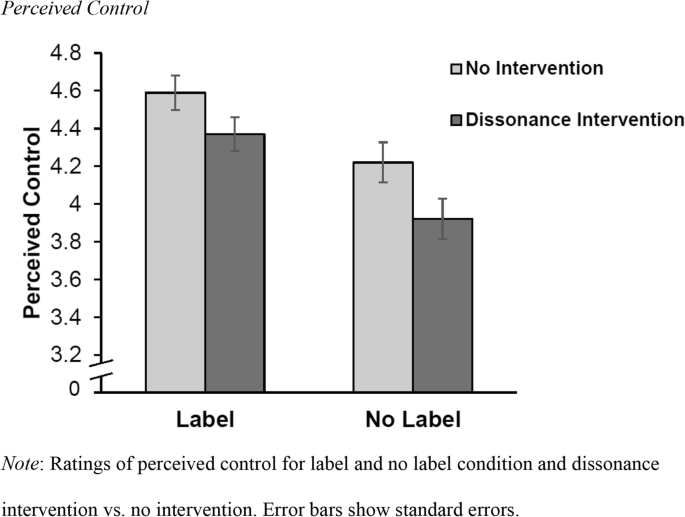
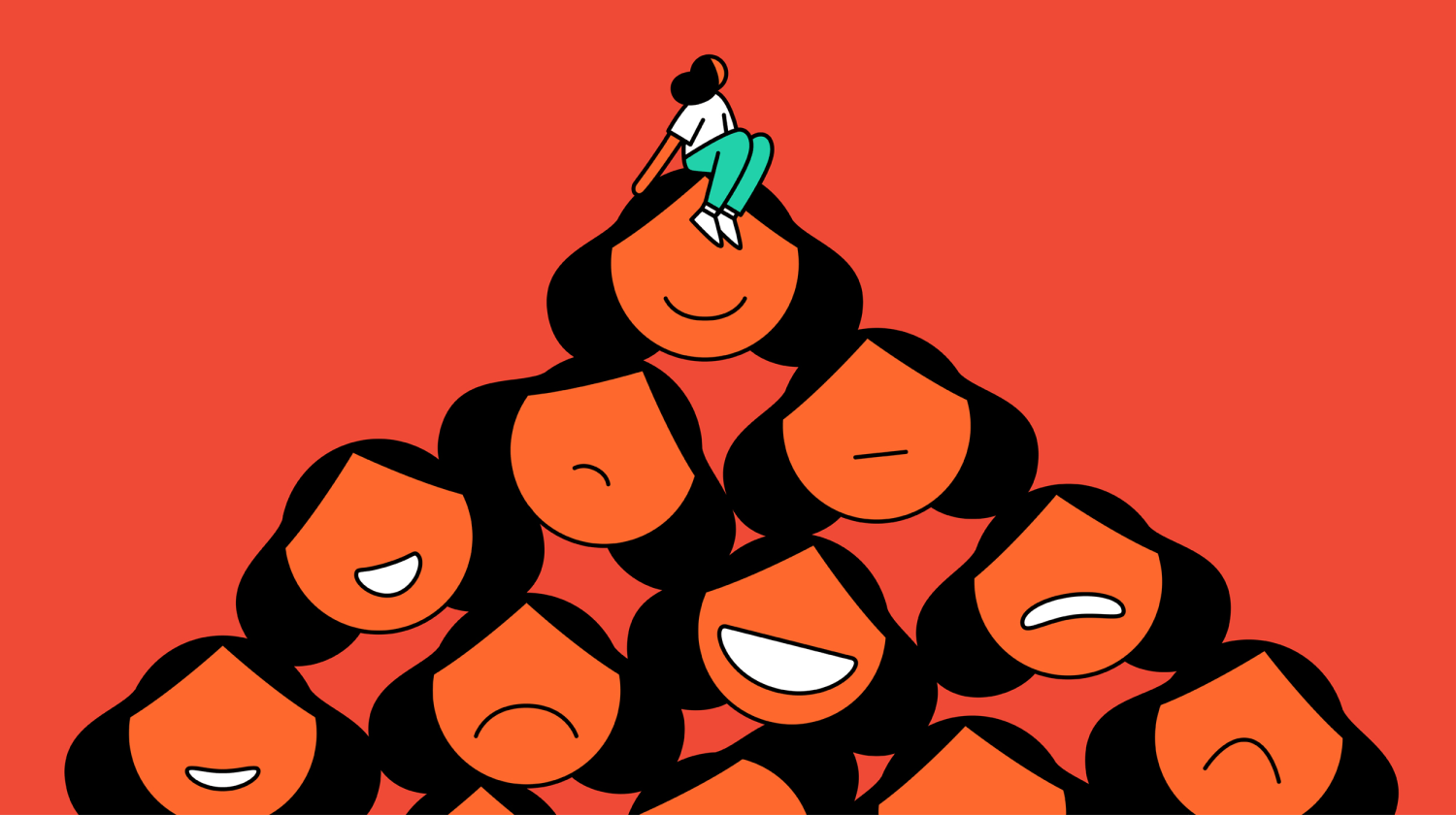


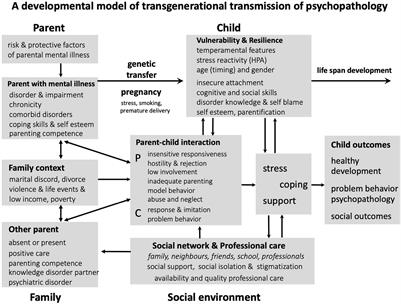
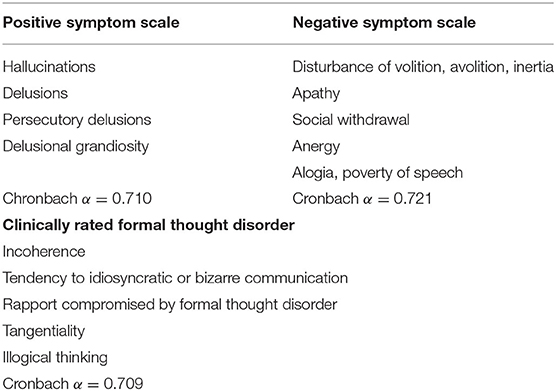
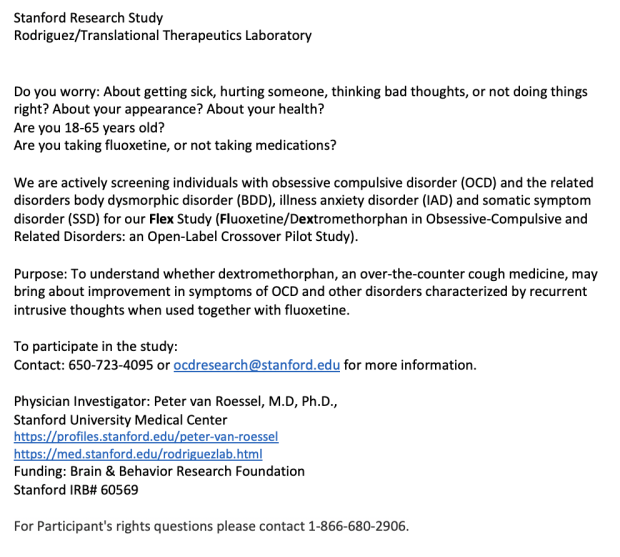
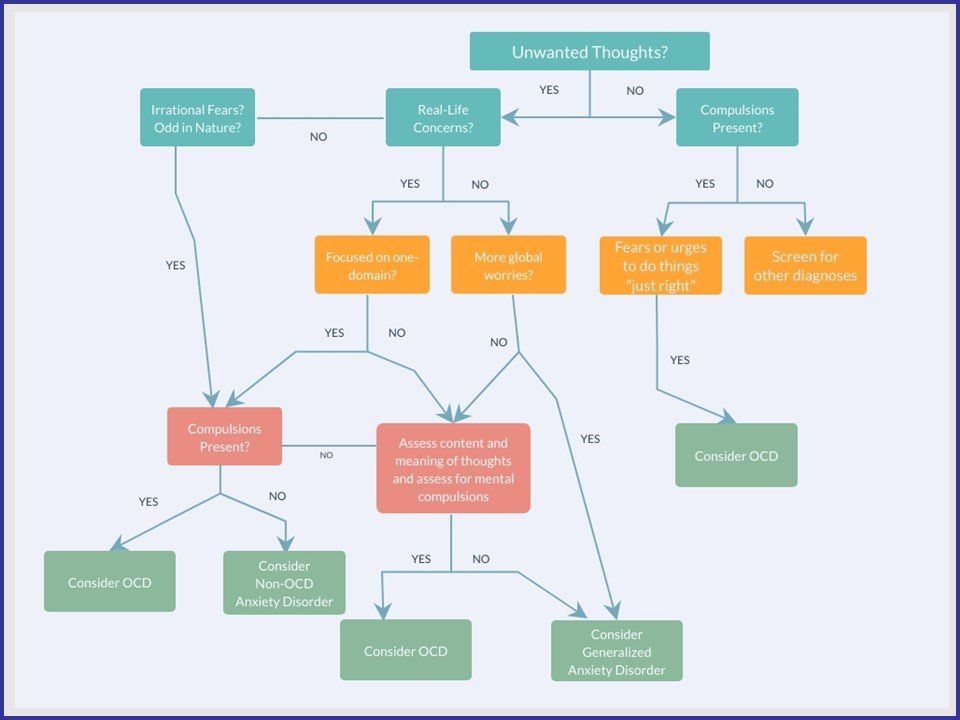
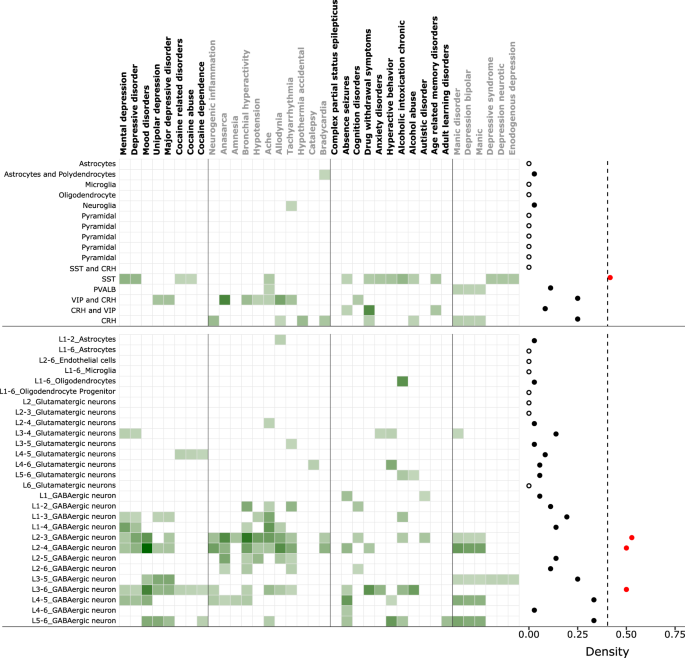
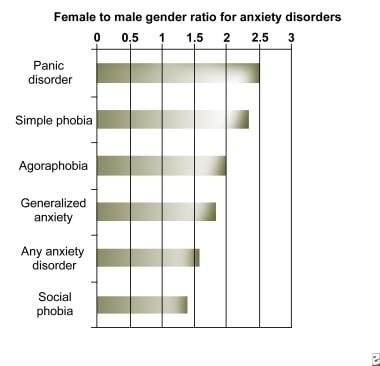
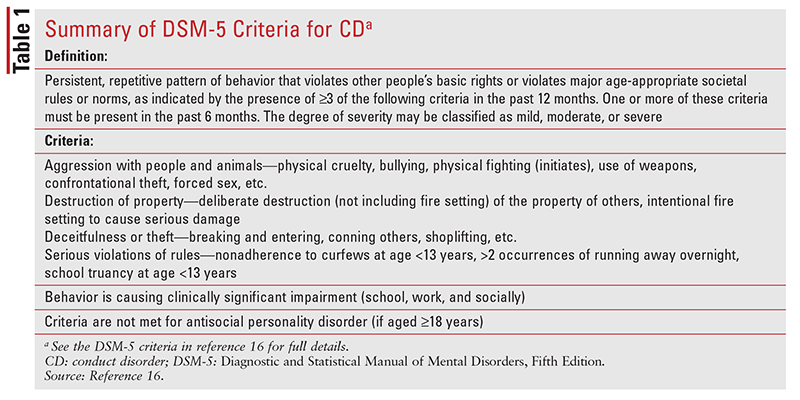
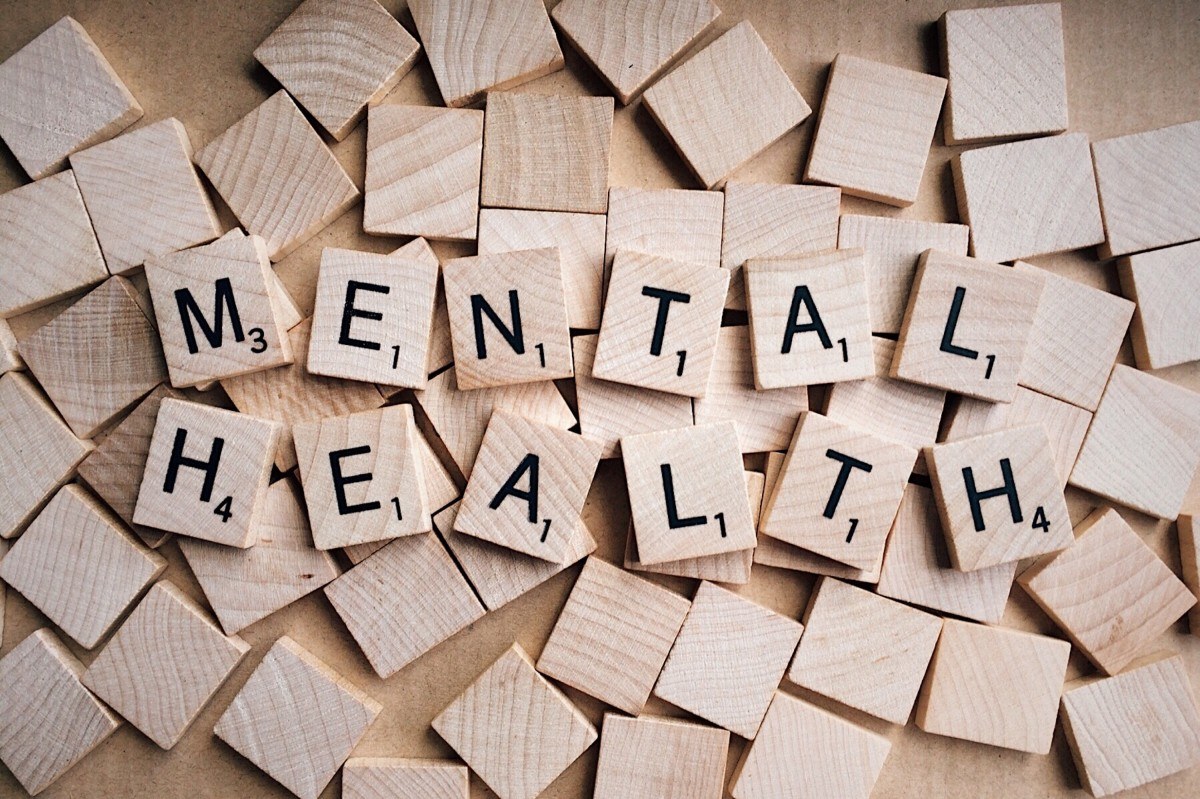

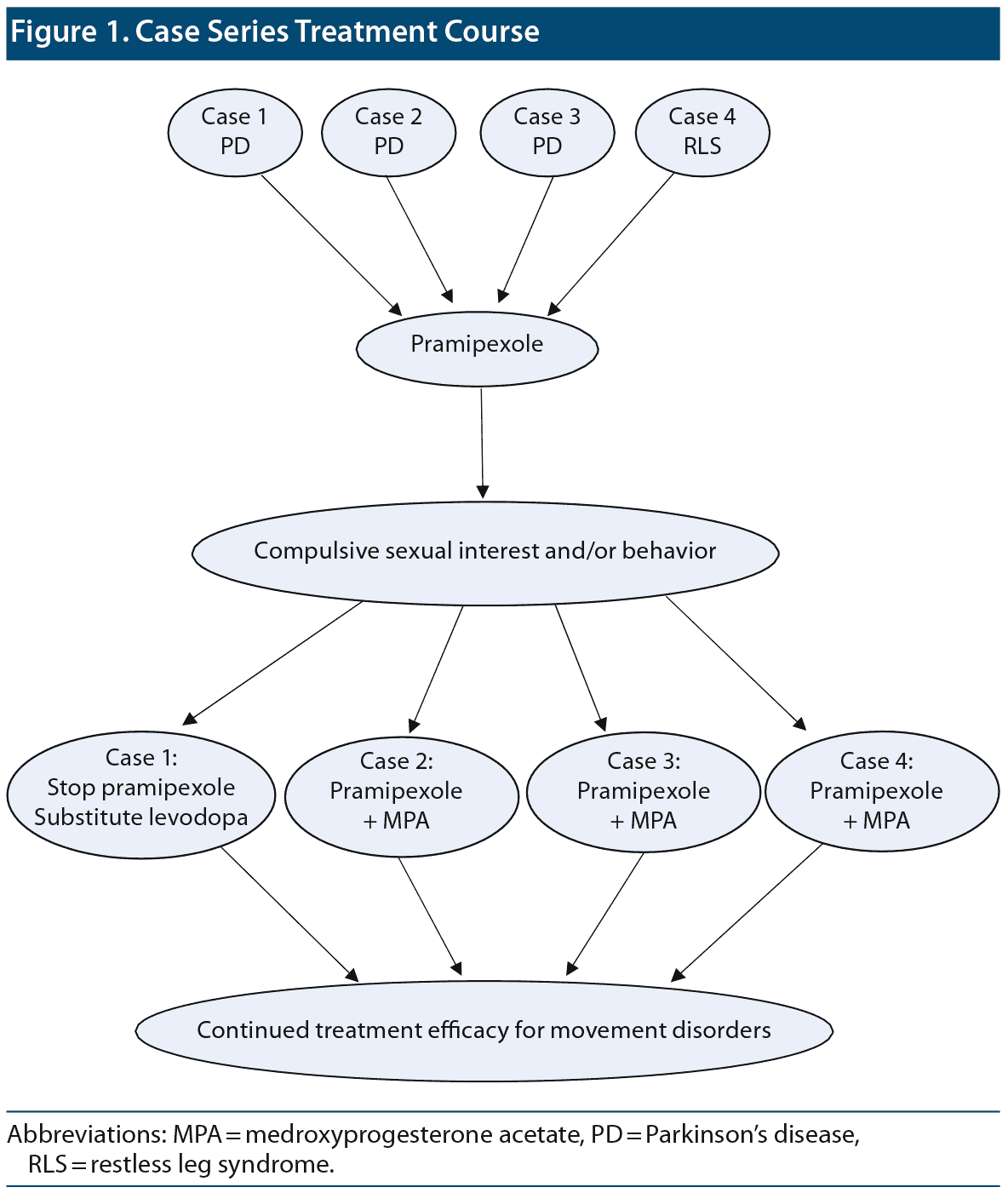





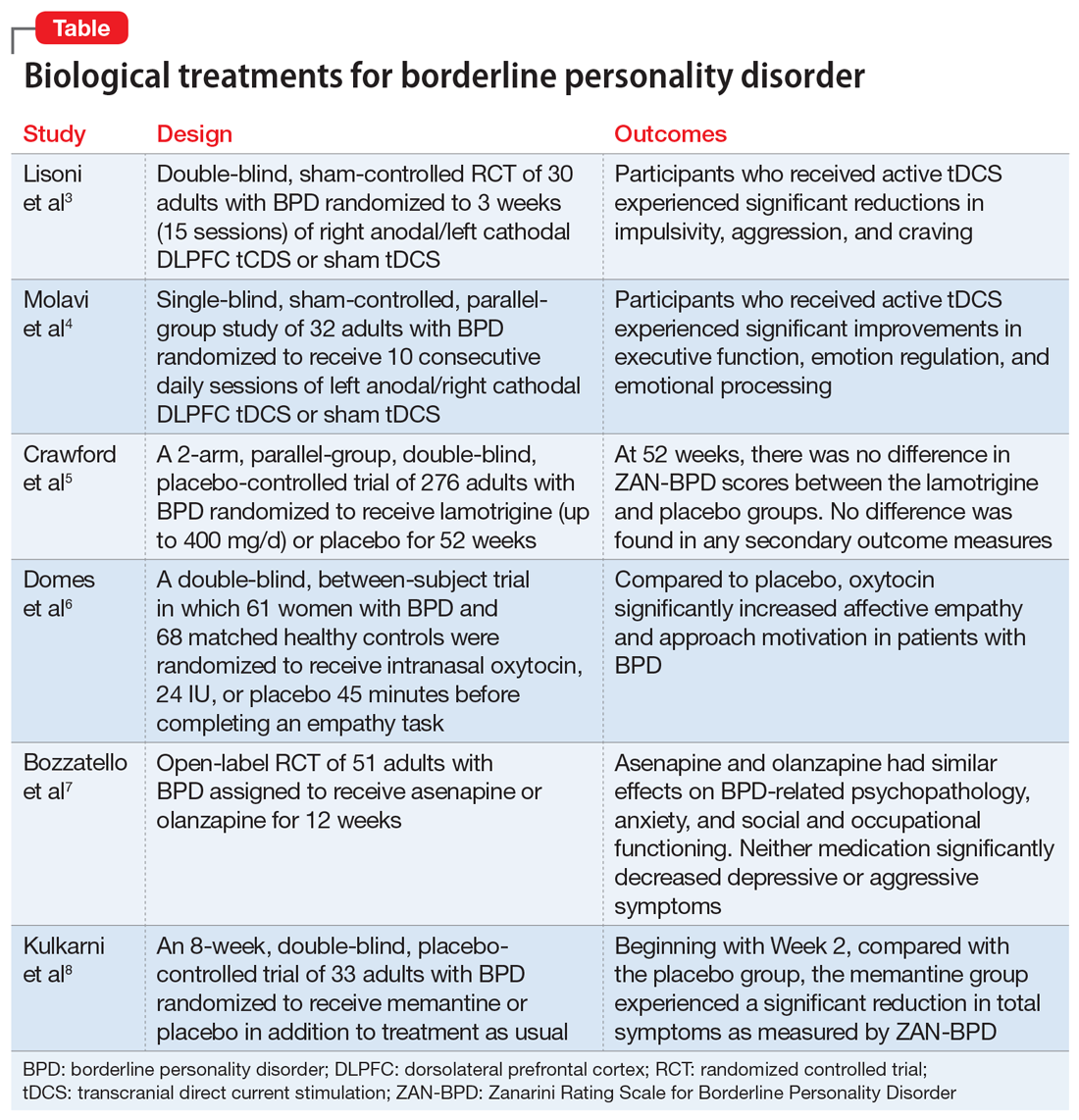
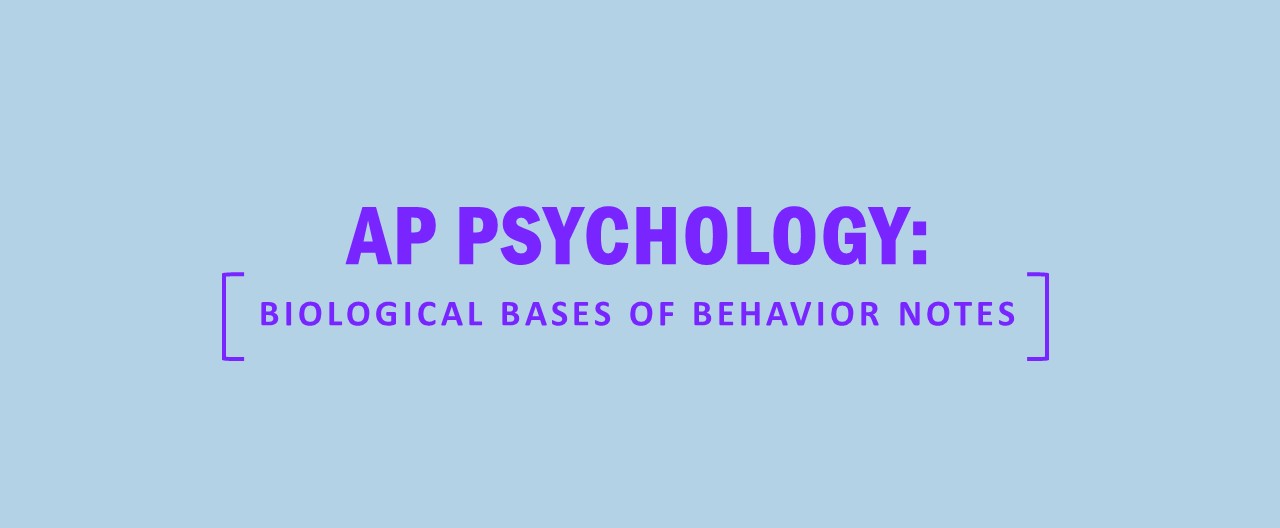
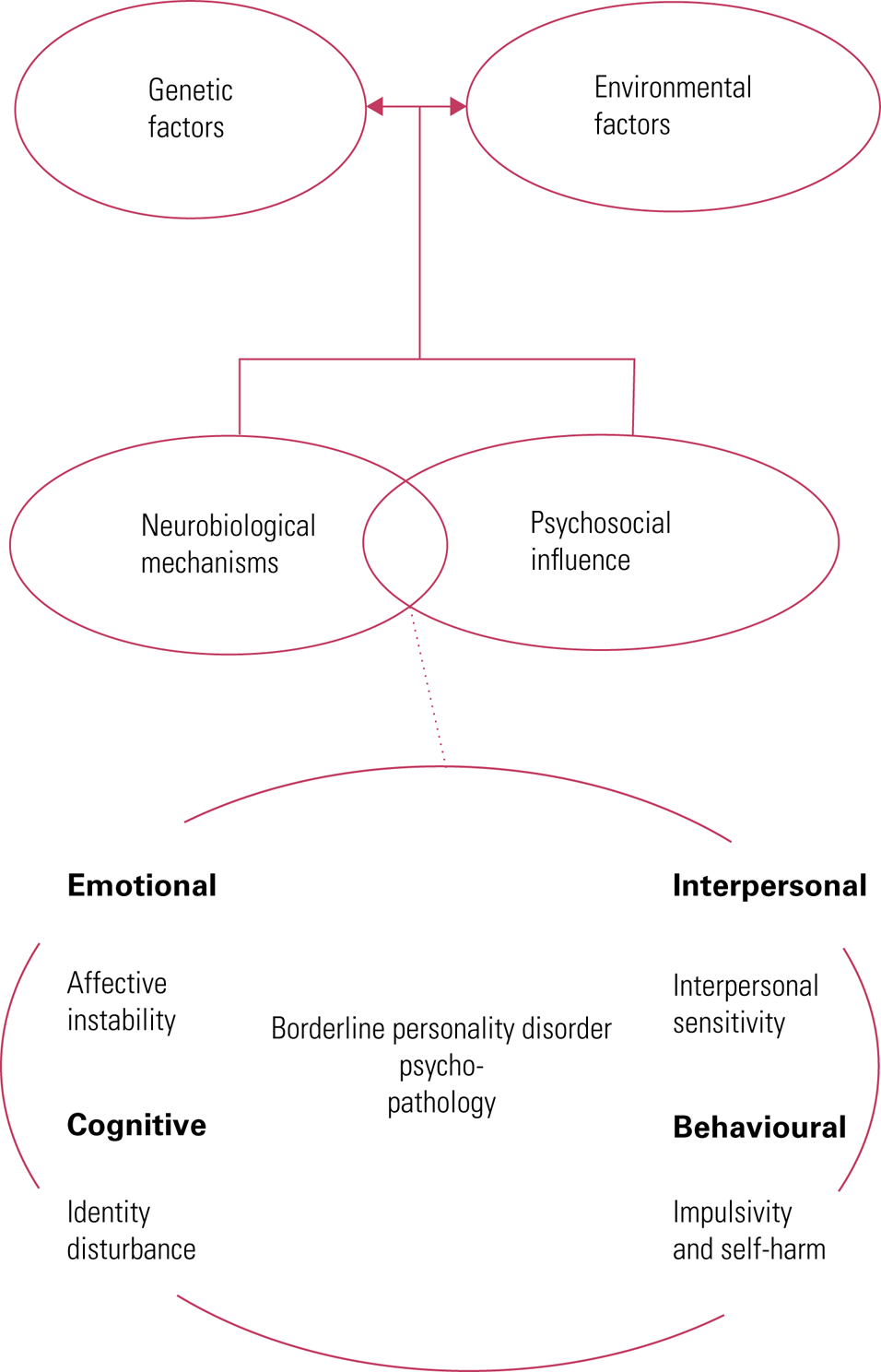


:format(jpeg)/cdn.vox-cdn.com/uploads/chorus_image/image/53178405/GettyImages_634270590.0.jpg)
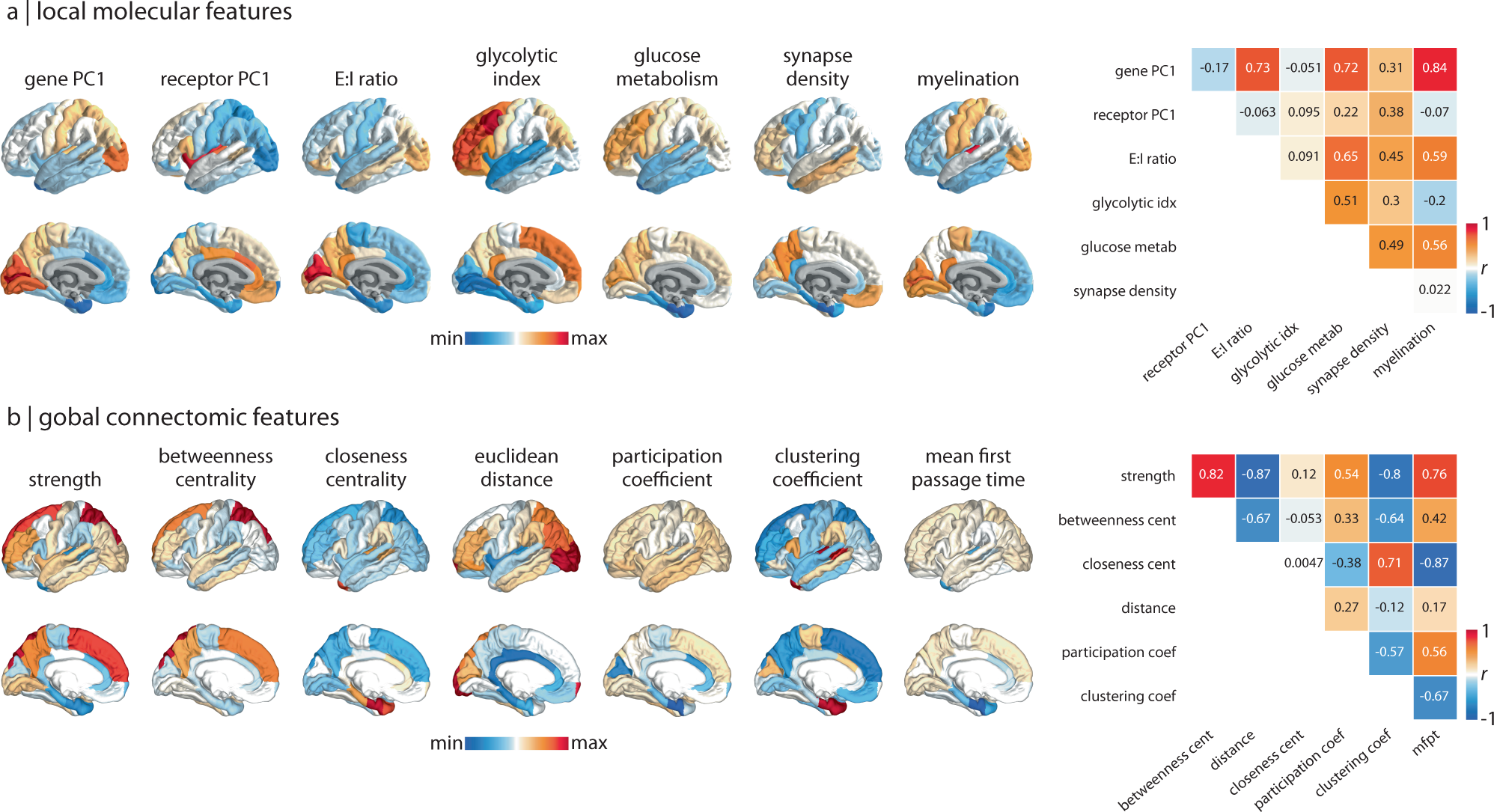



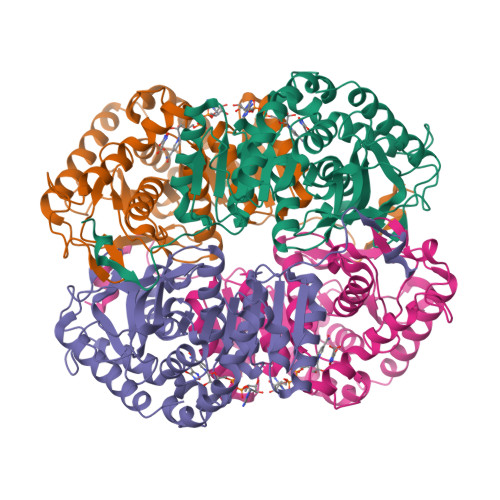


Komentar
Posting Komentar